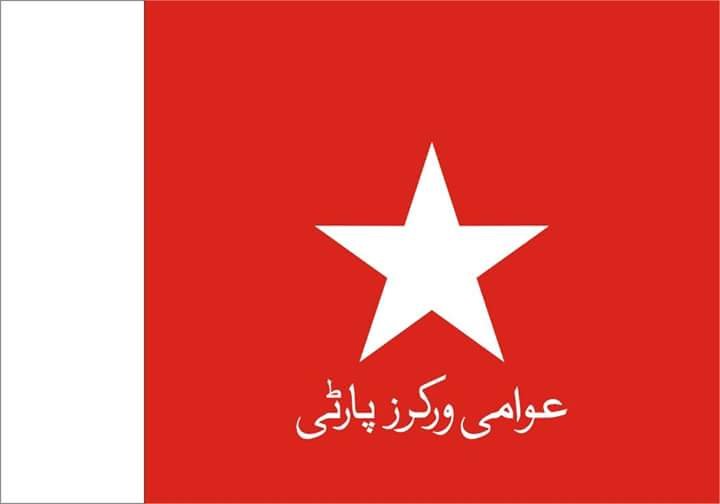Chief Justice Athar minallah directs PTA to submit a response within two weeks
HAH Report
ISLAMABAD: Islamabad High Court (IHC) has put the telecom watchdog on notice on a petition filed by the Awami Workers’ Party (AWP) against blockage of its official website.
Chief Justice Athar Minallah on Monday admitted the petition for regular hearing after initial arguments and issued notices to the Pakistan Telecommunications Authority Authority (PTA) to submit its response within two weeks.
The AWP general secretary Akhtar Hussain through his counsels — Muhammad Haider Imtiaz and Umer Ijaz Gilani — on Saturday, filed the petition making PTA as respondent.
Apart from asking for unblocking of its website, the petitioner has urged the court to direct the PTA to guard the fundamental rights of citizens and exercise its powers in monitoring online content strictly in accordance with the law.
The Left-wing party’s website had been blocked before the general elections in June 2018 in an attempt to restrict public access to the party narrative in the digital space.
The petitioner argued that the website had been blocked without any prior intimation by PTA.
However, after their own technical assessment and confirmation from one of the internet service providers, they found out that the website was inaccessible under the government orders.
The party claims that it was done to sabotage their election campaign.
The party had filed a complaint to the Election Commission of Pakistan (ECP) and PTA and has been approaching telecom operators. However, no reasons were given about the website blockage. It still remains blocked on the majority of the ISPs (Internet Service Providers) throughout Pakistan.
As the party did not get any relief despite the lapse of many months, they eventually filed the petition contending that the blockage was the result of government censorship to muzzle dissenting views citing reports of various digital experts, including Digital Rights Foundation and Observatory of Online Network Interference.
“The erroneous application of Section 37 of PECA is a violation of the fundamental rights of citizens,” the petitioner argued.
He also noted that contrary to section 37(2) of the Pakistan Electronic Crimes Act (PECA), 2016, PTA had not framed the rules for exercising its powers to block content online and in this way “depriving citizens of the safeguards, transparent process and effective oversight mechanism intended to be provided to them by the legislature.”
Furthermore, the petition maintains that section 37(4) and 37(5) allows the aggrieved party to appeal to PTA within thirty days of the blockage of content and subsequently to a high court within thirty days of PTA’s decision against the appeal.
However, the authority has made the aforementioned provisions redundant by not providing written order with elaborate reasons for blocking the website, the petition argues.
The petition states that the “material on the website is entirely political in nature, falling within the bounds of, and protected by, the Constitution of Pakistan under Articles 17 and 19.”
Thus, the petitioner prayed the court to direct the authority to unblock AWP website, frame rules under Section 37(2), provide with “reasoned” orders while blocking content and develop a framework for filing review applications under 37(4) for statutory remedies.
The petitioner also cited the IHC’s 2018 judgment against the shutdown of telecom networks.
The petition also cited a PTA report that it had blocked 824,878 websites in 2018 without complying the requirements of the above-mentioned legal provisions.
Talking to Digital Rights Monitor (DRM), a website that reports on digital rights and internet governance issues in Pakistan, Advocate Gilani stated: “The Islamabad High Court’s decision to hear this case on an urgent basis reassures us that it takes digital rights seriously. We hope to vigorously contest our case on merits over the next hearing.”
DRM is a part of Media Matters for Democracy’s Report Digital Rights initiative that aims to improve reporting on digital rights issues through engagement with media outlets and journalists.
MMfD is a Pakistan-based organisation working for independent journalism, media and digital rights advocacy and to ensure the protection and freedom of expression and information.

The High Asia Herald is a member of High Asia Media Group — a window to High Asia and Central Asia

